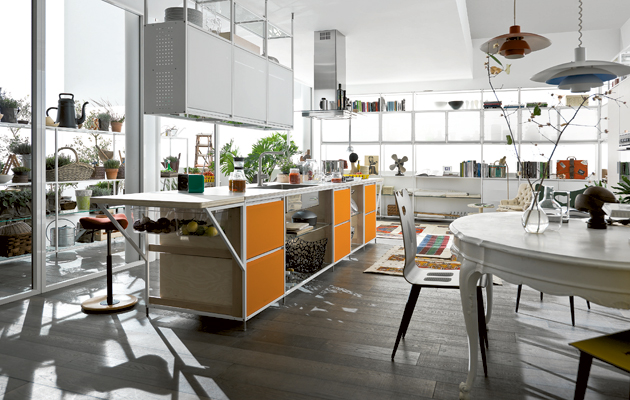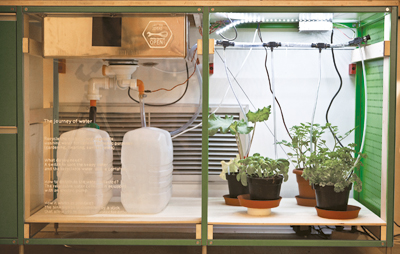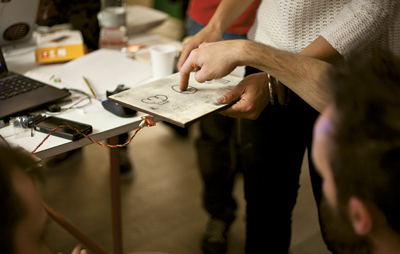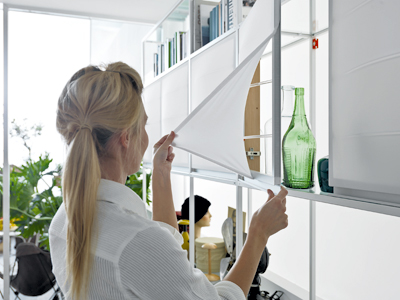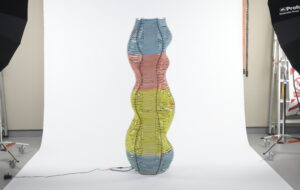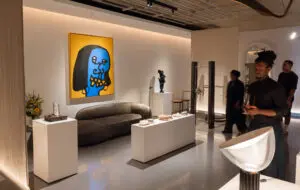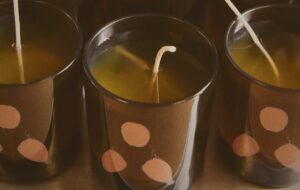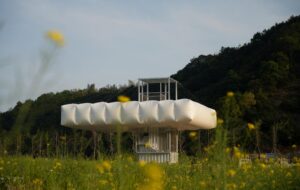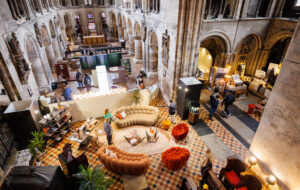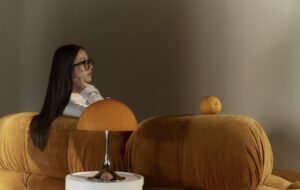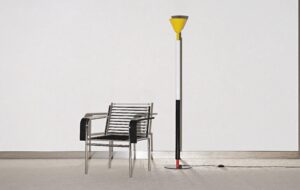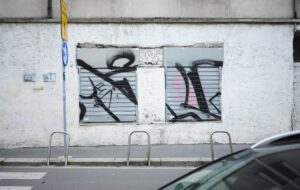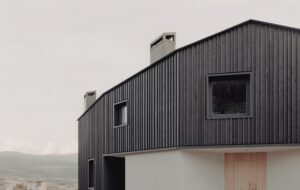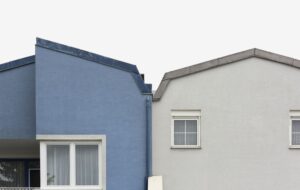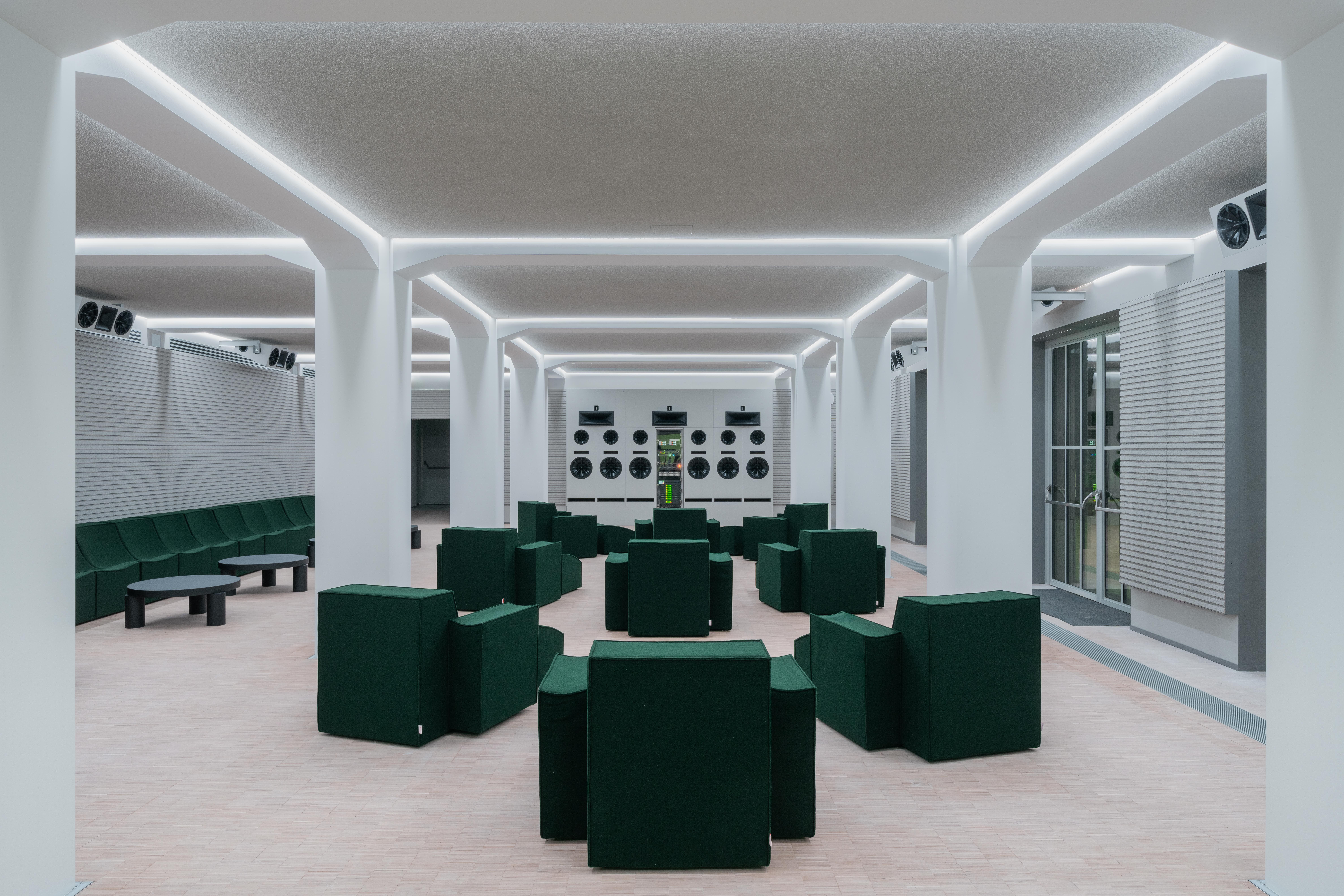|
|
||
|
Following the trend of product hacking, Italian brand Valcucine invited eleven designers to rethink the way that we use the kitchen and culinary technology It wasn’t all sleek kitchen counters and self-closing doors at the Milan Furniture Fair this year. One of the more unusual offerings was the Kitchen Becomes Open digital fabrication workshop or “hackathon” organised by Valcucine and multidisciplinary design studio dotdotdot. The workshop’s aim was to develop the Italian brand’s Meccanica by Demode kitchen model, and showcase its open approach to design, production and manufacture. Eleven designers, developers and coders from a worldwide call for entries were selected to work alongside Valcucine’s technical team and dotdotdot for the week-long collaborative event at the brand’s Brera showroom. Resulting projects ranged from the hi-tech – a smart working surface with an integrated display for downloading and sharing your recipes – to the low: customisable textile kitchen doors that can be fitted and rearranged with the aid of magnets.
A grey water recycling system A favourite was Juan Soriano Blanco’s textile kitchen shelves, which fold to become shopping bags. “The idea was that the shelf could become a container simply by changing the material to Lycra,” he explains. The item does away with the need for plastic bags and represents an extension of the kitchen space that Soriano Blanco says is “completely intuitive and simple” but also “new in the language of kitchens”. Another strong but deceptively simple proposal was Hang Made by French research group Ultra Ordinaire. The range of 3D-printed hanging supports turn Meccanica’s sturdy frame into a structure on which to hang utensils and shelves. As designers interested in all aspects of open-source design, Ultra Ordinaire’s Cécile Laporte and Nathalie Bruyère imagine a database of hooks that others could improve on and produce themselves using 3D modelling software and printers.
Where is it? helps locate kitchen utensils using LEDs “Users can adapt hooks to what they need and want, but also share the result of these improvements with other,” they say. “This database is meant to grow!” One of the most appealing aspects of the project, says Soriano Blanco, was to see a major company working openly with young designers. Vittorio Cuculo and Marina Cinciripini, two other participants, agree. “It’s hard to find companies willing to reveal their know-how and show their research process,” says Cinciripini. “It’s not easy to change entrenched marketing dynamics and a system based on secret patents that, until now, were key to a company’s success.” Cinciripini and Cuculo’s offering, called Where is it?, was an appealing infographic made out of a conductive ink and reactive LED lights. Inspired by the growing trends for co-working and Airbnb-style short-term house rentals, it allows people who to find utensils and dishes easily. Valcucine intends the workshop to be more than a one-off marketing exercise. Workshop leader and co-founder of dotdotdot Alessandro Masserdotti says they will develop at least half of the projects. “And eventually, the idea is to develop an entire kitchen in this way.”
Washable and changable kitchen units |
Words Giovanna Dunmall
Above: The Meccanica kitchen designed by Demode |
|
|
||

